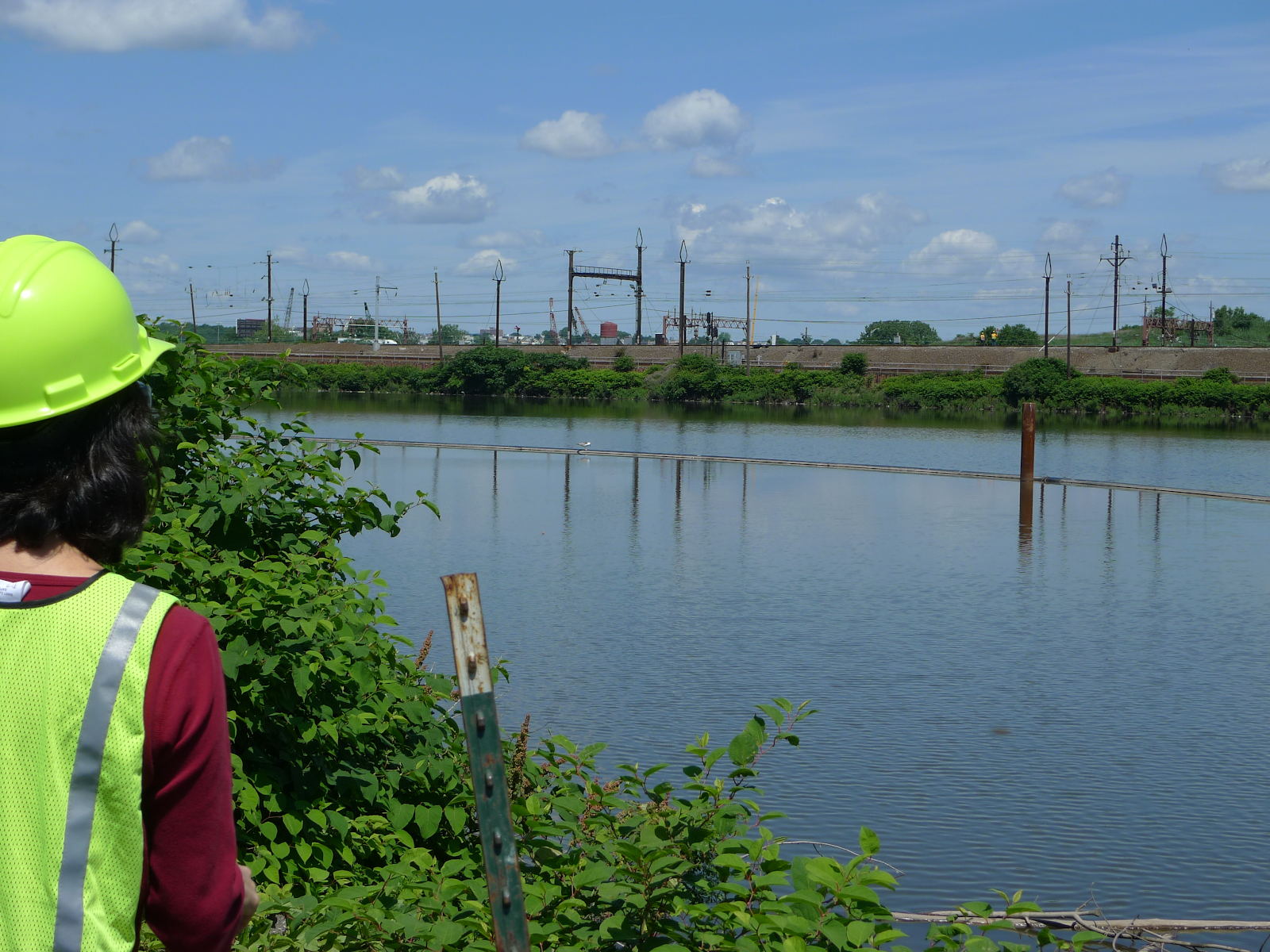Two Draft Study Plans for Fish and Birds at Diamond Alkali Site in New Jersey Released
March 9, 2020
As federal trustees for natural resources, the U.S. Fish and Wildlife Service and the National Oceanic and Atmospheric Administration will soon begin studies to assess injuries related to the release of hazardous substances from or near the Diamond Alkali Superfund site in North Jersey. The site, centered in Newark, New Jersey, includes the Lower Passaic River, Newark Bay, and other areas.
The federal trustees are providing the following draft study plans for public review and comment:
- Study Plan for Fish Injury Investigation for the Lower Passaic River, available for public comment February 25, 2020, through March 26, 2020.
- Study Plan for Bird Injury of the Lower Passaic River, available for public comment March 6, 2020, through April 6, 2020.
The federal trustees have developed these draft plans to assess fish and bird injuries due to the release of hazardous substances at or from the Diamond Alkali Superfund Site in the Lower 17.4-mile of the Passaic River.
As trustees, the agencies assess the injuries to natural resources from hazardous substance releases, and work to achieve restoration of these injuries and resulting losses. The goal of natural resource damage assessment and restoration is to replace, restore or acquire the equivalent of the resources and recreational opportunities affected by contamination – at no cost to taxpayers. This process is distinct from cleanup activities overseen by the U.S. Environmental Protection Agency.
The agencies will invite potentially responsible parties to participate in a cooperative damage assessment, which can provide a more rapid path to restoration and can significantly decrease costs. The anticipated studies are intended to provide results that will assist the trustees in assessing the scope and scale of injuries, and in turn help consider the type and quantity of restoration. Remedial actions and natural resource damage assessment activities at sites as expansive and complex as the Diamond Alkali Superfund site often take years to complete.
Comments should be submitted in writing (email is preferred) to Kendall Simon, Diamond Alkali NRDA Technical Manager, at kendall_simon@fws.gov. Please include “DANRD Fish Study” or “DANRD Bird Study” in the email subject line.
Written comments may also be mailed to:
Kendall Simon
Diamond Alkali NRDA Technical Manager
U.S. Fish and Wildlife Service
4 East Jimmie Leeds Road, Suite 4
Galloway, New Jersey 0820






